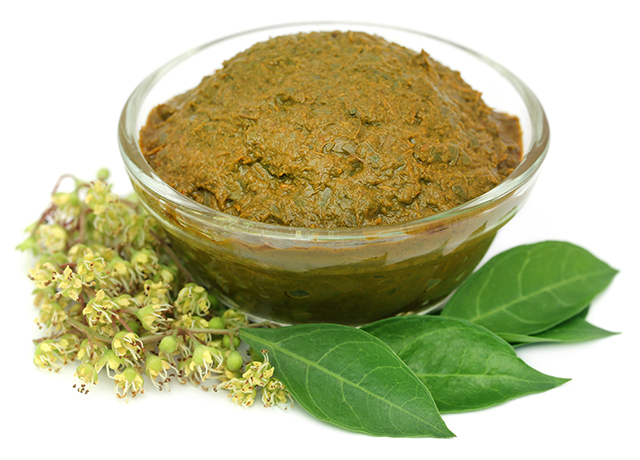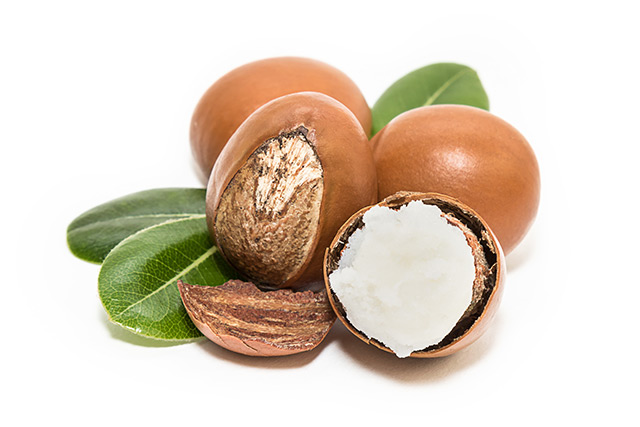Is this why children have poor motor skills? Vitamin D deficiency in pregnancy linked to lack of physical coordination in children
07/23/2017 / By Isabelle Z.

In case you needed yet another reason to ensure you are getting enough vitamin D, a new study shows that mothers who lack this essential vitamin during pregnancy are more likely to give birth to children who have poor motor skills.
Researchers from the University of Surrey and the University of Bristol examined 7,065 pairs of mothers and children who participated in the Avon Longitudinal Study of Parents and Children. In particular, they analyzed the levels of Vitamin D the mothers had during their pregnancy. An optimal blood serum concentration is within the range of 100 to 150 nmol per liter; a deficiency is a figure lower than 50 nmol per liter.
They also studied measurements of childhood advancement, including early development, IQ tests, reading ability and behavioral questionnaires. They found that mothers with vitamin D deficiencies had children who were more likely to score among the bottom 25 percent in motor skill tests at 30 months. The motor skills tested included the ability to jump, balance, build a tower with bricks, hold a pencil, and kick a ball.
In addition, at 42 months old, these children had a higher risk of impaired social development.
Researchers are pinning this effect on the interaction between Vitamin D and dopamine in the fetus’s brain, which plays a vital role in the development of the parts of the brain responsible for controlling social and motor development.
The study’s lead author, Dr. Andrea Darling, said that no one should underestimate the importance of vitamin D. She said that although it can be found in oily fish, it’s hard to get the recommended daily intake from food alone.
Plenty of reasons pregnant women should get enough vitamin D
That’s not the only reason expectant mothers need to ensure they get enough Vitamin D. In May, a study showed that pregnant mothers who took Vitamin D could strengthen their babies’ immune systems and reduce their risk of developing asthma.
Meanwhile, an Australian study discovered that a high intake of Vitamin D during pregnancy reduced a child’s chances of having autism spectrum disorder, supporting a previous study that had linked vitamin D deficiencies in pregnancy to a higher likelihood of autism spectrum disorder. Another study found that children who had autism spectrum disorder showed markedly lower levels of vitamin D at birth than their non-autistic siblings.
Proper Vitamin D levels during pregnancy have also been associated with a healthy weight in children. A 2012 study published in the American Journal of Clinical Nutrition found that maternal vitamin D deficiencies were associated with higher body fat levels in children at 4 and 6 years old. In addition, higher levels of vitamin D during pregnancy have been linked to fewer respiratory problems in babies, while higher cord blood vitamin D has been linked to fewer allergies.
It’s not just for the baby’s health that mothers should be vigilant about getting enough of this vitamin. Studies have shown that a vitamin D deficiency places pregnant women at a higher risk of gestational diabetes, preeclampsia, and delivery by C-section
Sunlight is the best way to get vitamin D
The best way to get sufficient levels of vitamin D is through sunlight exposure. When your bare skin is exposed to the sun, your body creates all the vitamin D you need in the most natural way possible.
The Vitamin D Council says that a fair-skinned person only needs around 15 minutes of this type of exposure, while those with darker skin will need more time in the sun. It also depends on factors like the time of day – you’ll produce more vitamin D during mid-day exposure – along with where you live and the amount of skin exposed. Keep in mind that wearing sunscreen of SPF 15 or higher will reduce your body’s vitamin D production by as much as 99 percent.
Learn more about which foods have vitamin D at Naturalpedia.com.
Sources include:
Tagged Under: motor skills, pregnacy, pregnancy nutrition, preventing autism, vitamin D, vitamin D deficiency




















